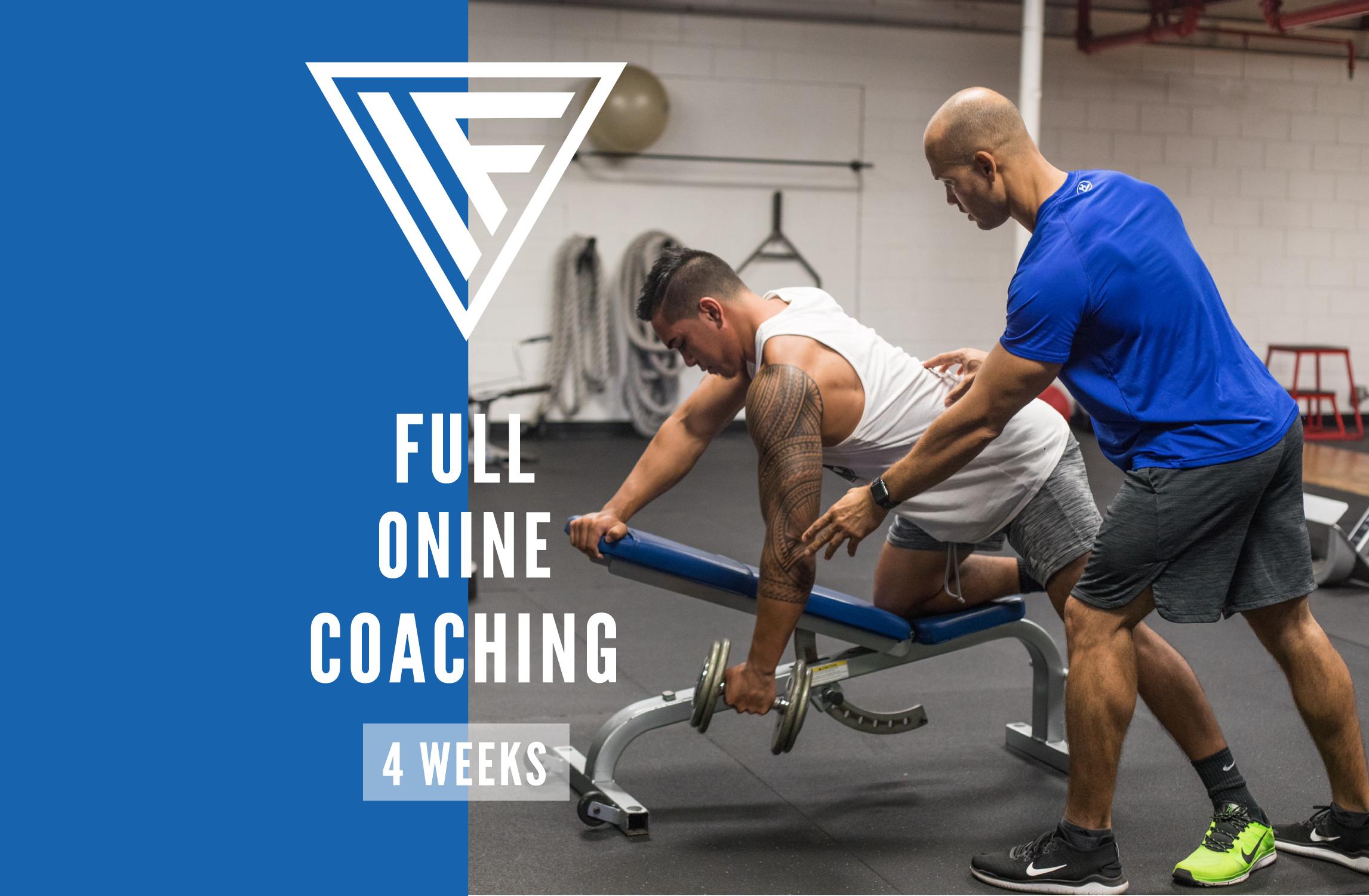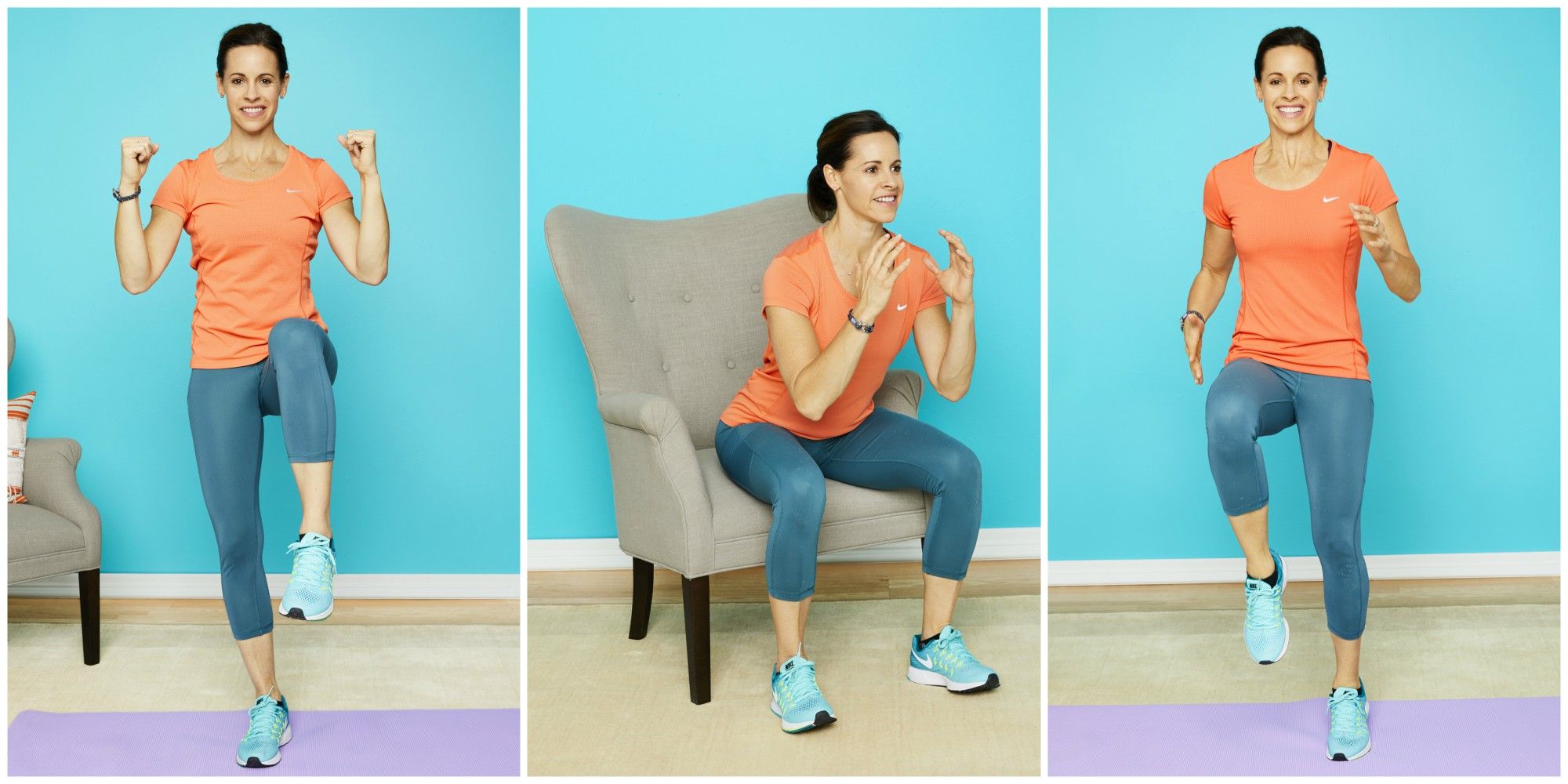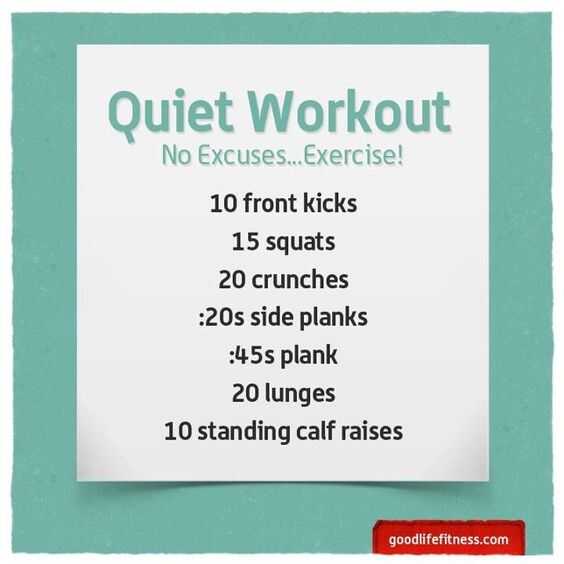
You might be curious about the salary ranges for personal trainers depending on where they are located and what their specialization is. A single dollar amount will not give you the whole picture. You should not only consider the amount of salary you earn, but also how different metros have their living costs.
Personal trainers are available in a variety of specialties
Personal trainers can specialize in different areas. Some are experts in one sport or one condition, like lower back pain. Others can work with children and adolescents who are venturing into sports. These professionals have many options. They can be a one-toone trainer, or they can be part of a multidisciplinary team including osteopaths as well as chiropractors, physiotherapists, as well as osteopaths.

Being a specialist can help you stand apart from other trainers. That means more clients and less competition. Personal trainers also have the ability to combine different areas of knowledge to tackle various issues that clients might face.
Salary range
Personal trainers' salaries vary depending on where they are located and what type of work is done. Some trainers charge up to $17 per hour while others earn as little as $9 per hour. A fitness trainer typically makes between $20,000 to $50,000 annually. Although this is a high salary, it is not an indicator of a trainer’s skill.
While the annual salary for a private personal coach is higher than $70,000, the salary for a 24-Hour Personal Trainer will likely be between the low $40s and mid-to-high $40s. Both salaries are consistent with the NASM average personal trainer wage.
The impact of hiring a personal coach
Personal training is a great idea for anyone who wants to be in good shape. It can help with your fitness goals as well as helping you live a healthier lifestyle. These professionals have experience in the field so they can give you the right advice to help you achieve your goals safely.

Personal trainers often believe word-of mouth is the best form of advertising. Referrals and personal recommendations are used by clients to find the right trainer for them. They are looking for both personal references and professional credentials.
FAQ
How does caffeine affect my sleeping?
Caffeine affects how long it takes you to fall asleep and how soundly you sleep. Caffeine causes drowsiness, which makes falling asleep easier. The downside is that caffeine keeps you awake longer making it harder for you to fall asleep again. Drinking coffee or energy drinks before bedtime is a bad idea.
Is it possible that you can be too thin?
Yes! Both being underweight and having an eating disorder can be dangerous. It's not normal to weigh less than what your height should be. Other symptoms include feeling tired, weak and dizzy.
Do I need to eat before going to the gym?
No. You don't need to eat anything before working out. If you feel hungry after working out, it is a good idea to have a light snack like yogurt or fruit.
Statistics
- In high-income countries, 26% of men and 35% of women were insufficiently physically active, as compared to 12% of men and 24% of women in low-income countries. (who.int)
- Globally, 28% of adults aged 18 and over were not active enough in 2016 (men 23% and women 32%). (who.int)
- In 2018, the World Health Assembly agreed on a global target to reduce physical inactivity by 15% by 2030 and align with the Sustainable Development Goals. (who.int)
- Physical activity confers the following maternal and fetal health benefits: a decreased risk of pre-eclampsia, gestational hypertension, gestational diabetes (for example, 30% reduction in risk) (who.int)
External Links
How To
How to Stay Fit When You're 40
This article will help those over 40 who want to maintain a healthy body. This article will provide basic advice on eating right, exercising, sleeping well, and taking care of your mental health. This article provides tips to help you live longer and be healthier.
-
Healthy eating habits are key to staying fit. You should avoid processed foods products and opt to eat whole grains, fruits, vegetables and lean meats, fish and nuts as well as beans, seeds, nuts and seeds. If you don't like what you're eating, just add something else to your diet. This will not help you lose weight. Instead, try adding small amounts to your daily meals. If you normally only eat chicken breasts, you might consider adding turkey to your weekly meals. You might also enjoy rice if you like pasta. These foods should be a part of your daily life.
-
Exercise - Make sure to exercise at least three times per week. Cardio activities include running, swimming and biking. Make sure to get enough rest. It is recommended to get 8 hours of sleep each night. In addition, make sure you drink plenty of water during the day. Two liters (0.5 gallons), of water should be consumed each day.
-
Sleep Well - Proper sleep is crucial for staying healthy. The National Sleep Foundation states that adults need 7-8 hours sleep per night to be in good physical and mental health. Most people only get 6 hours sleep per night. Try making changes to your sleeping schedule if you feel constantly tired. By changing your sleeping time, you will be able to catch up more sleep. Also, you might want to turn off your phone before bed in order to relax and wind down. Avoid caffeine after noon. It can cause insomnia.
-
Take care of your mental well-being - It's important to take good care your mind and keep your body in tip top shape. Stressful situations can lead to poor eating habits and unhealthy lifestyle choices. Stress management techniques such meditation, yoga and breathing exercises are important. One hour of your time should be spent doing something enjoyable. You can do this by going for a walk or reading, playing sports, listening to music, or watching TV.
The above four points will ensure that you live longer and healthier. These four steps can help you achieve your fitness and health goals.